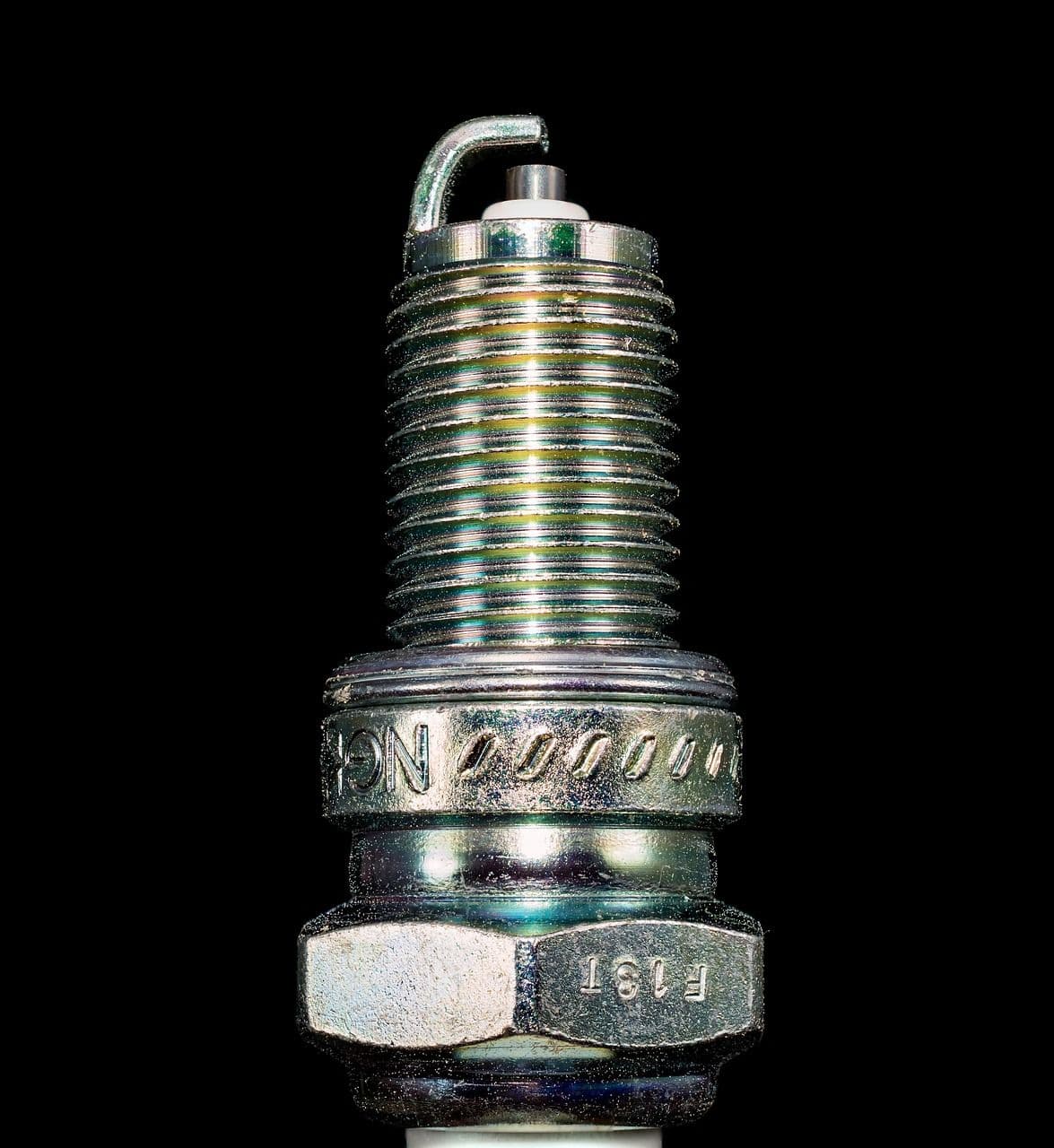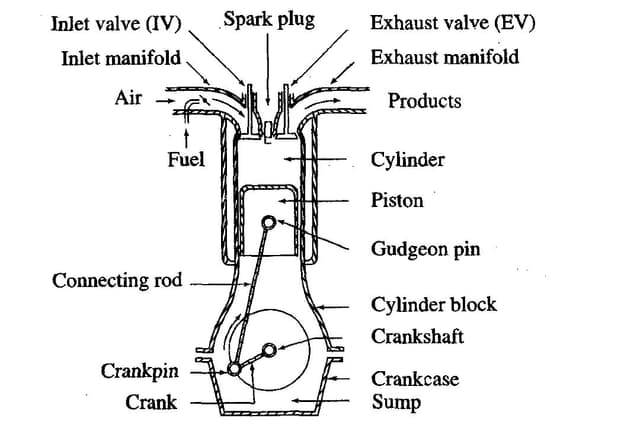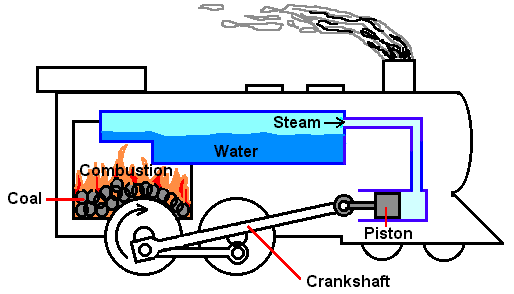Spark plug
Spark plugs play a crucial role in ensuring the efficient combustion of fuel and air mixture within an engine.

Bablu Yadav
Posted in Automobile Engineering
.
Introduction:
In the realm of automotive technology, spark plugs play a crucial role in ensuring the efficient combustion of fuel and air mixture within an engine. By producing a high-voltage electrical spark, these small yet mighty components ignite the fuel, setting the wheels in motion for a powerful and efficient drive. In this blog post, we will go into the fascinating world of spark plugs, exploring their importance, functionality, and the factors to consider when choosing the right spark plug for your vehicle.
The Functionality of Spark Plugs:
At the heart of every gasoline-powered engine lies the spark plug, which essentially acts as a gateway to the combustion process. When the piston reaches the top of its compression stroke, the spark plug creates an electric arc, known as a spark, across the gap between its center and ground electrode. This electric discharge ignites the compressed fuel-air mixture within the combustion chamber, propelling the engine into motion.
Key Components of a Spark Plug:
Understanding the various components of a spark plug is vital for appreciating their role in optimizing engine performance. Let's break down the essential parts:
Center Electrode:
This is the central part of the spark plug, extending into the combustion chamber. It consists of a metal conductor designed to resist wear and corrosion.
Ground Electrode:
Positioned at the side of the spark plug, the ground electrode helps shape and direct the spark, promoting efficient combustion.
Insulator:
Acting as an electrical and thermal barrier, the insulator is a ceramic material that prevents the spark from escaping into the metal body of the spark plug.
Terminal:
The terminal connects the spark plug to the ignition system, supplying the necessary electrical energy to produce the spark.
Factors to Consider When Choosing Spark Plugs:
Selecting the right spark plug for your vehicle is crucial for achieving optimal engine performance and longevity. Here are some factors to consider:
Plug Type:
There are various types of spark plugs available, including copper, platinum, iridium, and double platinum. Each type has different properties and performance characteristics. Consulting your vehicle's owner manual or seeking advice from a trusted mechanic can help determine the most suitable type.
Heat Range:
The heat range of a spark plug refers to its ability to dissipate heat from the combustion chamber. It's important to choose a spark plug with the appropriate heat range for your engine to prevent pre-ignition or fouling.
Manufacturer Recommendations:
Vehicle manufacturers often specify the recommended spark plug for each model. Following these recommendations ensures compatibility and optimal performance.
Driving Conditions:
Consider the typical driving conditions your vehicle experiences. For example, if you frequently drive in stop-and-go traffic or engage in high-performance driving, you may need spark plugs with enhanced durability and ignition performance.
Importance of Regular Maintenance:
To keep your engine running be smoothly, it is essential to maintain your spark plugs regularly with the interval of time. Over time, spark plugs can accumulate carbon deposits, which causes misfires, reduced fuel efficiency, and diminished performance. Regular inspection and replacement as recommended by the vehicle manufacturer or mechanic can prevent these issues and promote optimal engine operation.
Conclusion:
Spark plugs may be small in size, but their role in igniting the fuel-air mixture within an engine is monumental. By understanding the functionality of spark plugs and considering key factors while choosing the right ones are , you can unleash the full potential of your vehicle's engine. Regular maintenance and care will ensure that your spark plugs continue to deliver efficient combustion, providing a smooth and powerful driving experience for miles to come.




